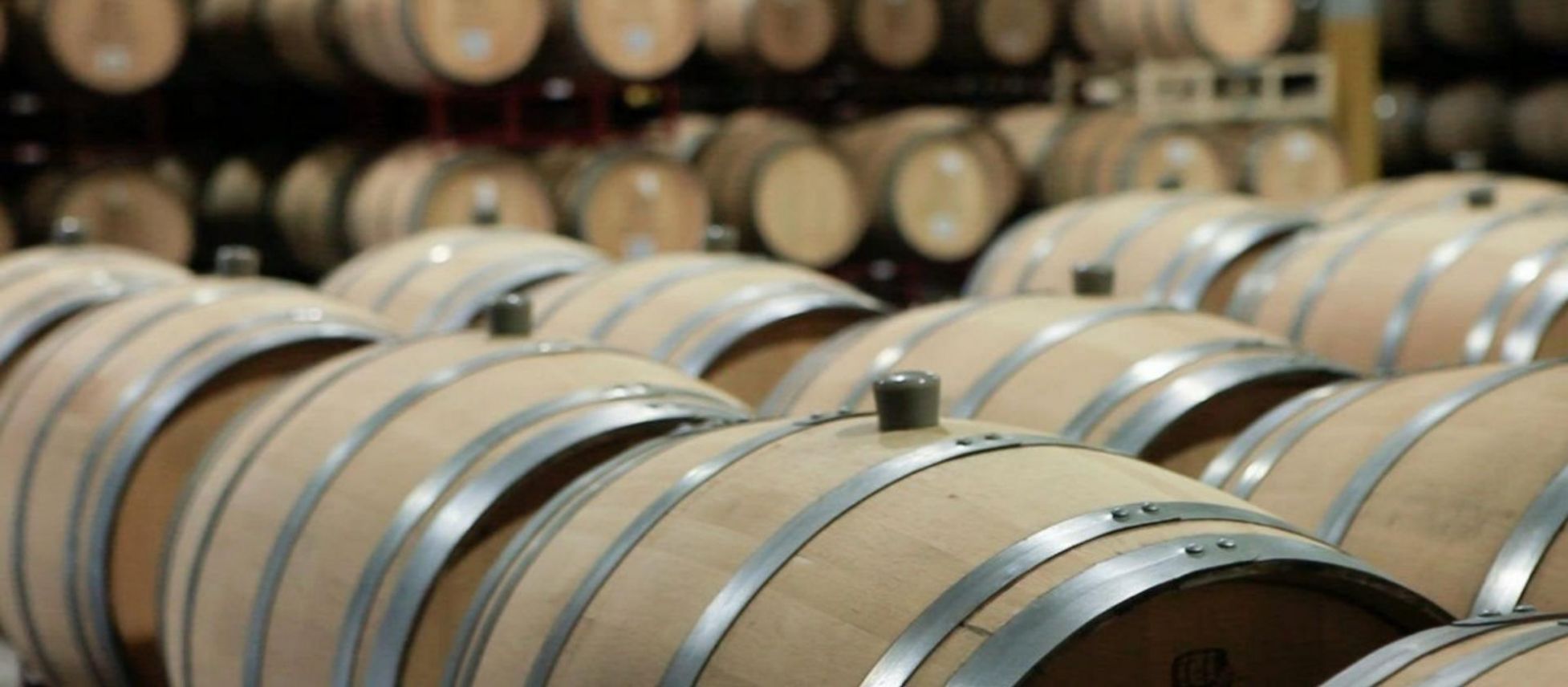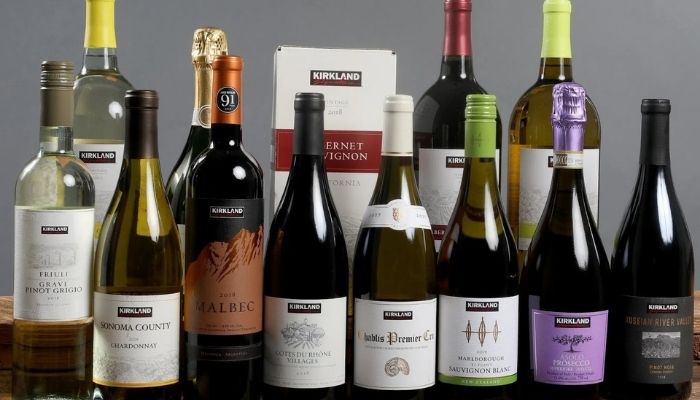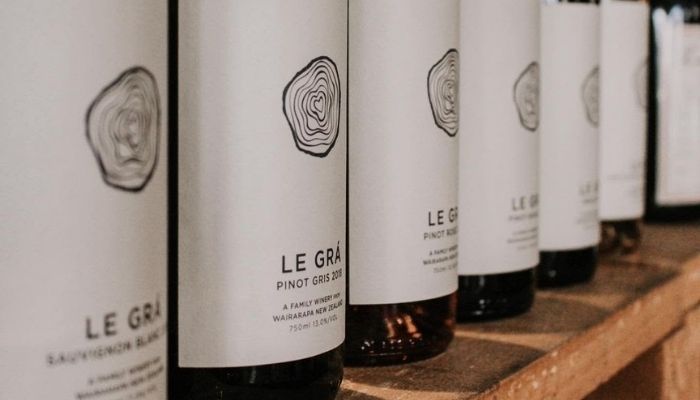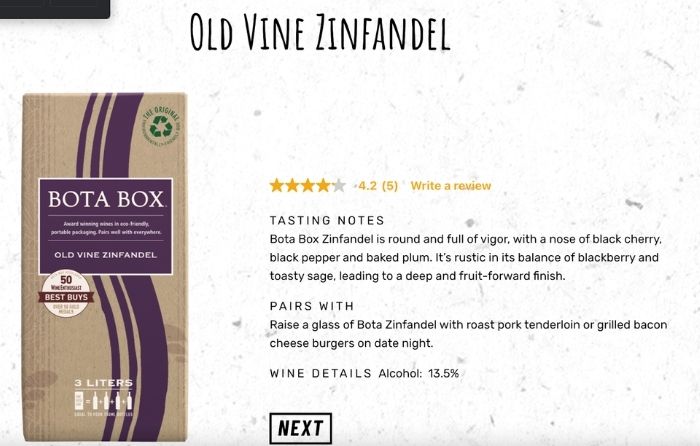Blog
Insights
Why is it Important to Tap into The U.S. Bulk Wine Market?

Patrons of bulk wine believe it’s the future and for all the right reasons. Sustainable, cost-effective, and a lot more, the benefits of bulk wine are immense, and here’s why you should be tapping into this segment.
Often associated with inexpensive drinking, cardboard boxes sitting on the bottom of the supermarket shelves, or a wine product for college students on a budget, bulk wine has been neglected for the longest time. The pandemic in the year 2020, imposition of tariffs by the U.S. on bottled wine, the Californian wildfires, the new laws in Russia that prohibit the use of grape must, and Brexit, opened a new window of opportunities for the bulk wine market in the U.S. Even with the global shortage of shipping containers and the challenges in the supply chain during the pandemic, bulk wines managed to gain a good market share and were the only category that increased in price from 73 cents per liter to 75 cents per liter in 2020. According to Global Trade Atlas, the global import of bulk wine increased by 9% during 2020 and the U.S. accounted for imports of 383 million liters of bulk wine.
[[relatedPurchasesItems-49]]
The International Bulk Wine and Spirits Show (IBWSS), an annual trade show and conference that takes place in San Francisco, is a great platform for buyers that are looking to meet their demand for bulk wines, bulk spirits, private label programs, grape buying, or contract manufacturing. IBWSS defines Bulk wines as the wines that are shipped in containers that include ISO tanks, Flexitanks, etc., instead of bottles or smaller packaging.
It can be any wine shipped in containers that are larger than two liters and is repackaged at its destination. Wineries across the U.S. are indulging in the bulk wine trade by producing excess wine. Often, excess wine is associated with poor quality but with the increasing bulk wine trade, most of the excess wine is produced by award-winning wineries. Greg Livengood, a bulk wine broker, discussed that It was very tough for the U.S. wine industry during the lockdown and California wildfires. The future of the wine business was in doubt from a growth potential and they were looking at how to stem the losses rather than figuring out how to grow the industry. During this time, several wineries bought large quantities of previous-vintage bulk wine from 2018 and 2019 to blend in with their wines.
Over the past few years, bulk wine has proved to be a profitable alternative to not just producers and retailers but also consumers. It has offered numerous benefits which have helped wineries, producers, and retailers, to grow their revenue stream during the pandemic. Giant retail chains like Costco and Target tie up with bulk wine producers to sell 750 ml bottles filled with their wine with their own labels on them. The bulk wines are produced according to the demand in the market and thus, retailers have the option of getting them made according to their requirements. Retailers have more control over the product that they offer to their consumers and can offer a product that is made to order according to their requirements. When kept on the supermarket shelves along with other wines, these wines eliminate the price competition amongst the other retailers due to the competitive price they are sold at. Thus, giving the retailers more power and authority among their supermarket chains.

Kirkland wines by Costco; Image Source - seattletimes.com
With the lockdown in place during 2020, a large number of consumers resorted to wines from the supermarket shelves which led to an increase in the sale of the bulk wines during the confinement period. The increased consumption led to an increase in bulk wine production eventually making it a solid segment to tap in. Wine producers that are producing wine in bulk have been able to drive their cash flow at the value end of the market with the increase in demand for excess wines by wineries across the U.S.
The perception of bulk wines has changed over the years leading to wineries producing superior quality bulk wines. With producers focusing on producing wines depending on the requirement and for private labels, there has been a major focus on delivering bulk wines that are superior in quality and can maintain their freshness. The decrease in on-premise consumption of wine also led the wine industry to produce bulk wines that were high in quality and could offer a better experience to the consumers.
Offering attractive price points to not just the retailers but also consumers, bulk wines have proved to be cost-effective. Private labels or retailers’ wines are often sold at a price that is affordable for the consumer and attracts them. Due to their transportation in higher volumes and the exclusion of glass bottles, the producers can rack on cash and sell them at a lower final price. The reduction in the final price allows the producer to expand their budget for marketing, labeling, designing, etc., and produce a better product overall.
Consumers as well as the other professionals of the wine industry are paying extreme attention to the environment and often want to choose products that have the lowest carbon emission. Shipping bulk wine is a sustainable alternative to shipping wine in glass bottles due to their low carbon emission which is reduced by 40%. Most of the bulk wine producers farm organically and sustainably. Thus, bulk wine being shipped in large containers and bottled at their destination, leave a smaller carbon footprint on the environment as compared to the shipping of wine in traditional wine bottles and are a sustainable option eventually.
The 2020 Californian wildfires had a great impact on the harvest leaving the wineries with an estimated 165,000 to 325,000 tons of unharvested grapes in 2020 according to the California Association of Winegrape Growers data.
Most wineries resorted to bulk wine producers during this time to top off their supply and to cover up for the lost harvest. Bulk wines have been a safety net for a large number of producers and wineries during the wildfires as well as the pandemic.
Offering the ease of production to the producer and a range of flavors to the consumers, bulk wines have been able to cater to a broad range of consumer choices and which is why they are a good option for supermarkets. Enabling supermarkets to offer a variety of choices to their consumers, bulk wines have been a game-changer over the years and have been a growing segment in the U.S. wine industry. There has been a boom in the number of Mass-Market brands due to a higher production of bulk wines. The growing number of Private Labels has also led to a huge expansion of the bulk wine market with many celebrities collaborating with producers to launch their own wines. 19 Crimes is one of the very common examples of a private label that was launched by the famous American rapper, Snoop Dogg.

Private label wines; Image Source - @iwhizz on Instagram
The bag-in-box formats saw a massive hike in their popularity during the lockdown with a growth of 7.9% in volume in 2020 and by 9% in 2021 (Corriére Vinicola, 2021). This was a big surge for this category as it was often neglected on the bottom shelves of the supermarket. Bulk wines have played a major role in the expansion of the bag-in-box format which has also empowered many producers and wineries to introduce it. Thus, it is a good market to broaden your portfolio.

Bota Box Old Vine Zinfandel Bag-in-Box wine; Image Source - botabox.com
The abundant advantages offered by bulk wines have proved to bring a revolution in the wine industry and change the stereotype of bulk wines. Producers, buyers, and retailers from across the globe are networking to offer a portfolio of choices to their consumers. Spain continues to be the highest wine-producing region that serves the global market with an increasing demand for bulk wine. While the countries that were the biggest contributors to the bulk wine imports in 2020 were Canada, Chile, and France according to wineAustralia. Trade shows and conferences like the IBWSS continue to be a great platform for bulk wine producers, retailers, and buyers to connect and expand the bulk wine industry in the U.S.
Register here to be a part of the International Bulk Wine and Spirits Show
Article by Shreya Kohli, Beverage Trade Network
Header Image Source - oneillwine.com
If you're a bulk wine or bulk spirits supplier, contract bottler, or private label producer aiming to connect with serious trade buyers, IBWSS San Francisco is the event you can't afford to miss. Get a quotation or Book a exhibitor table.

